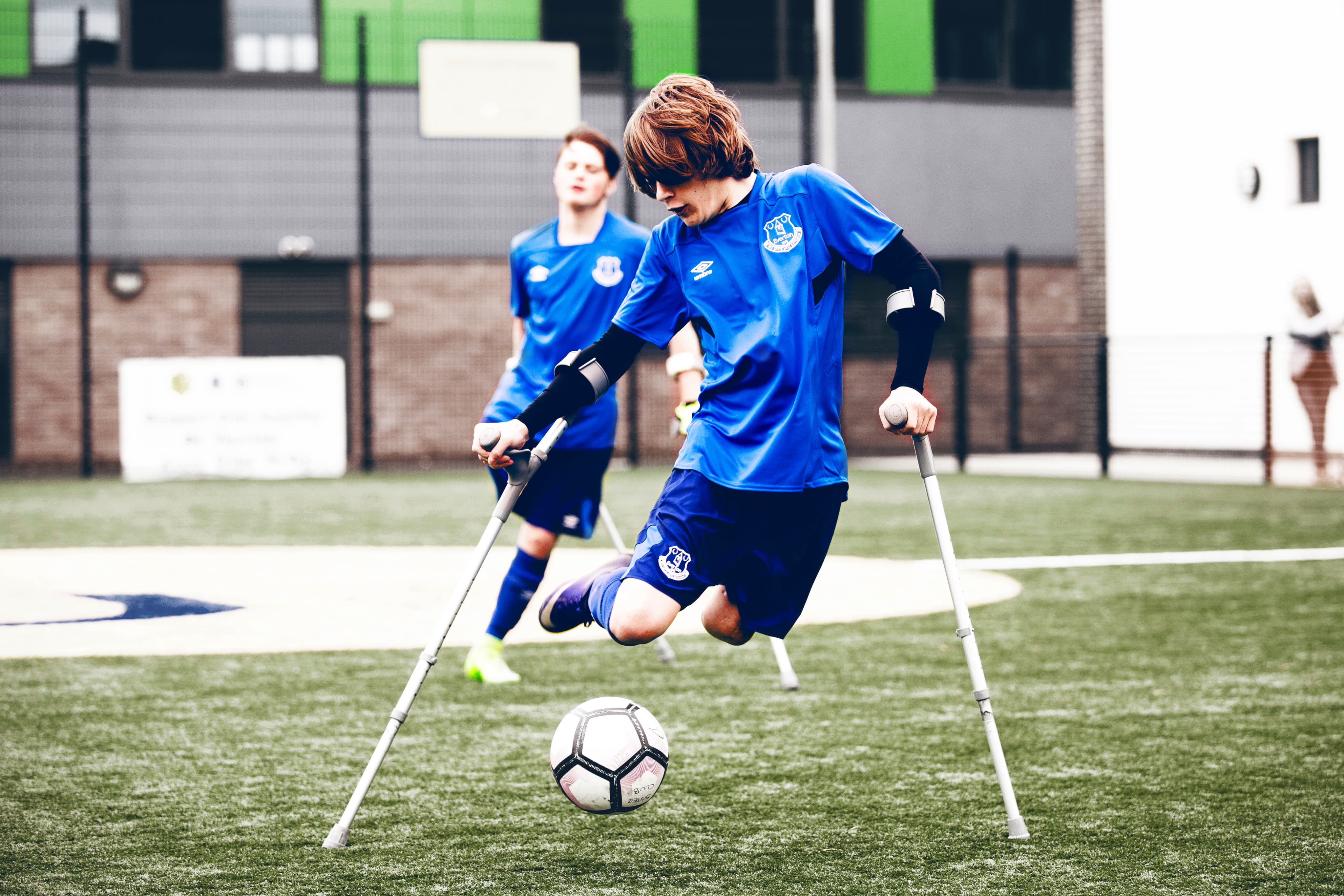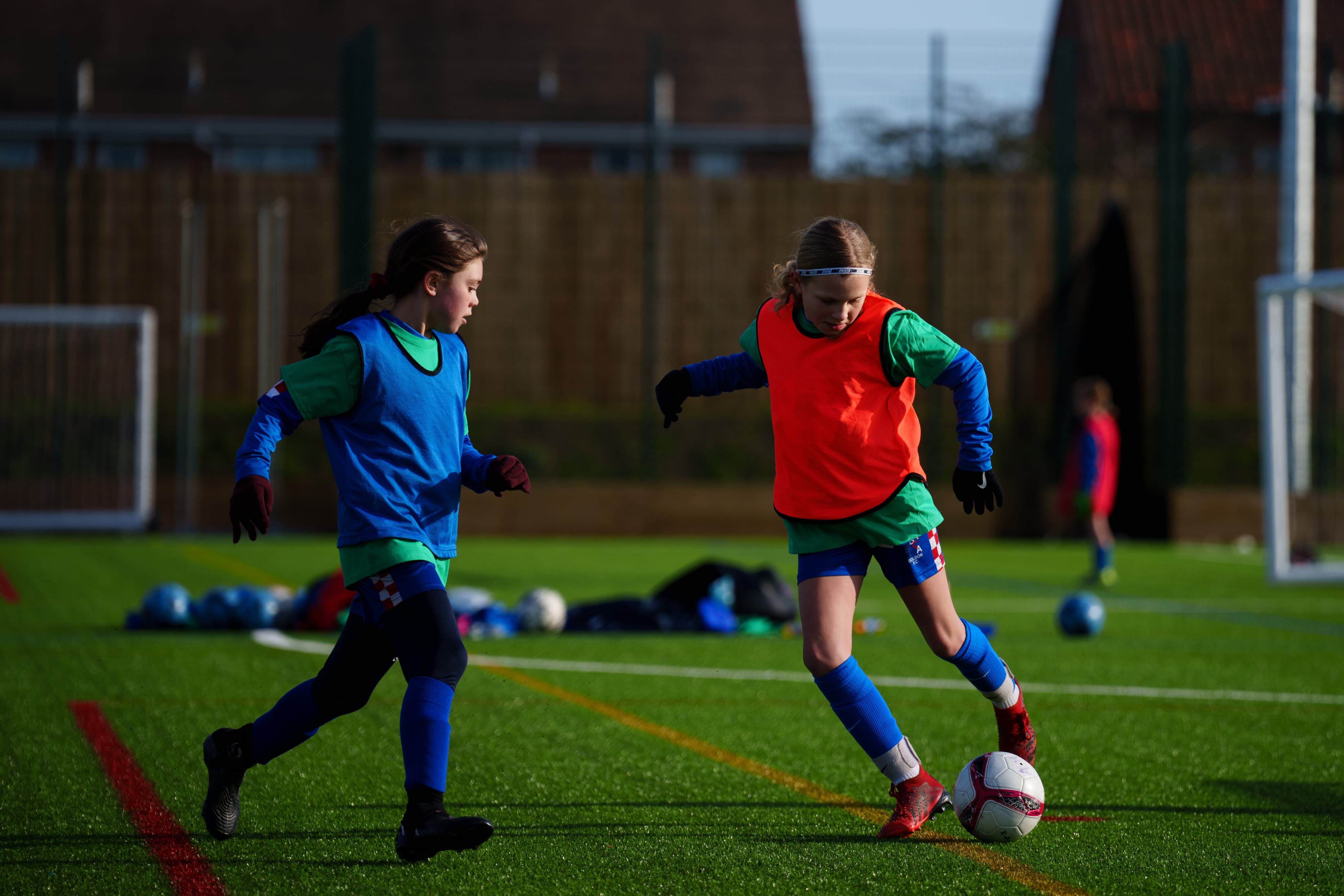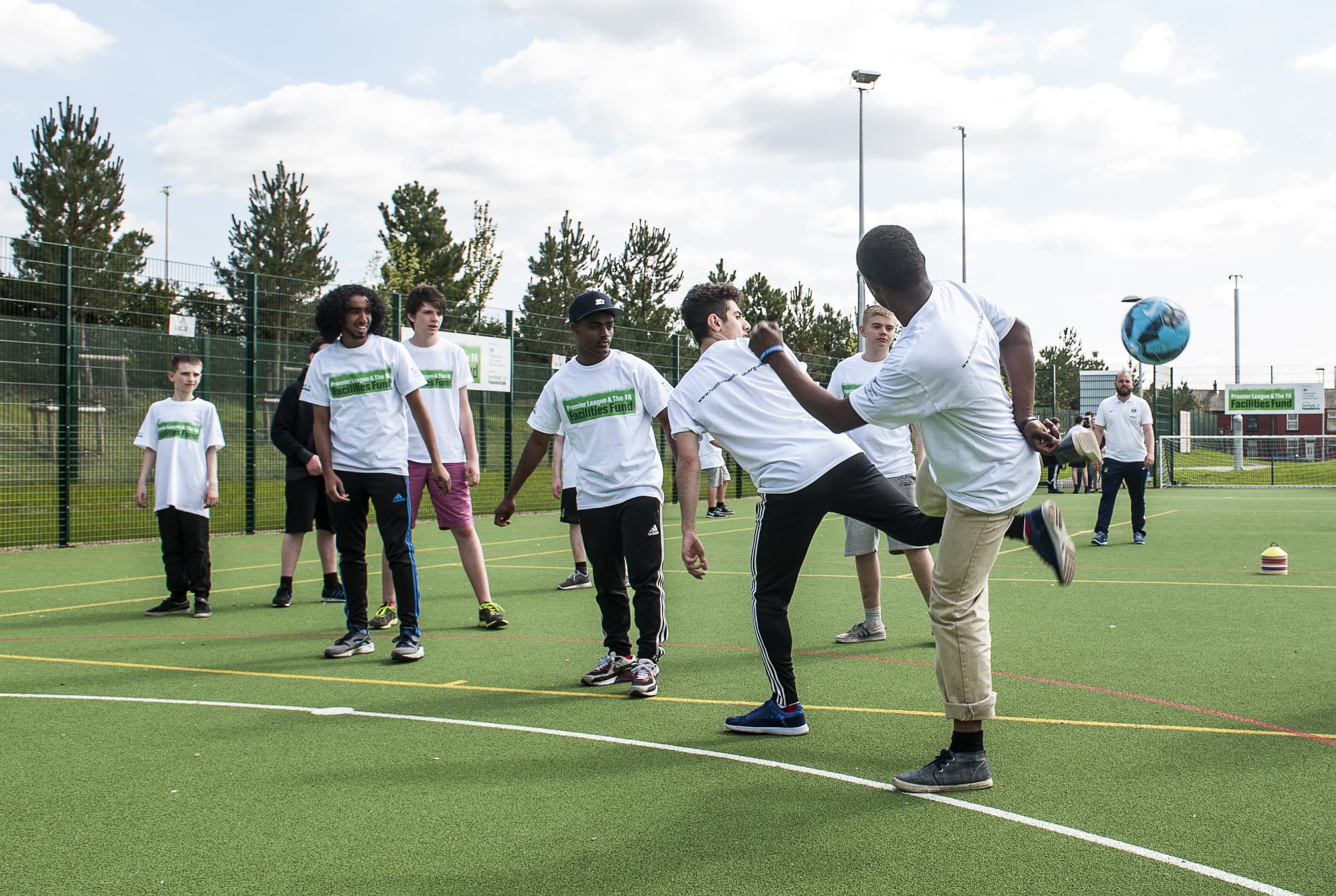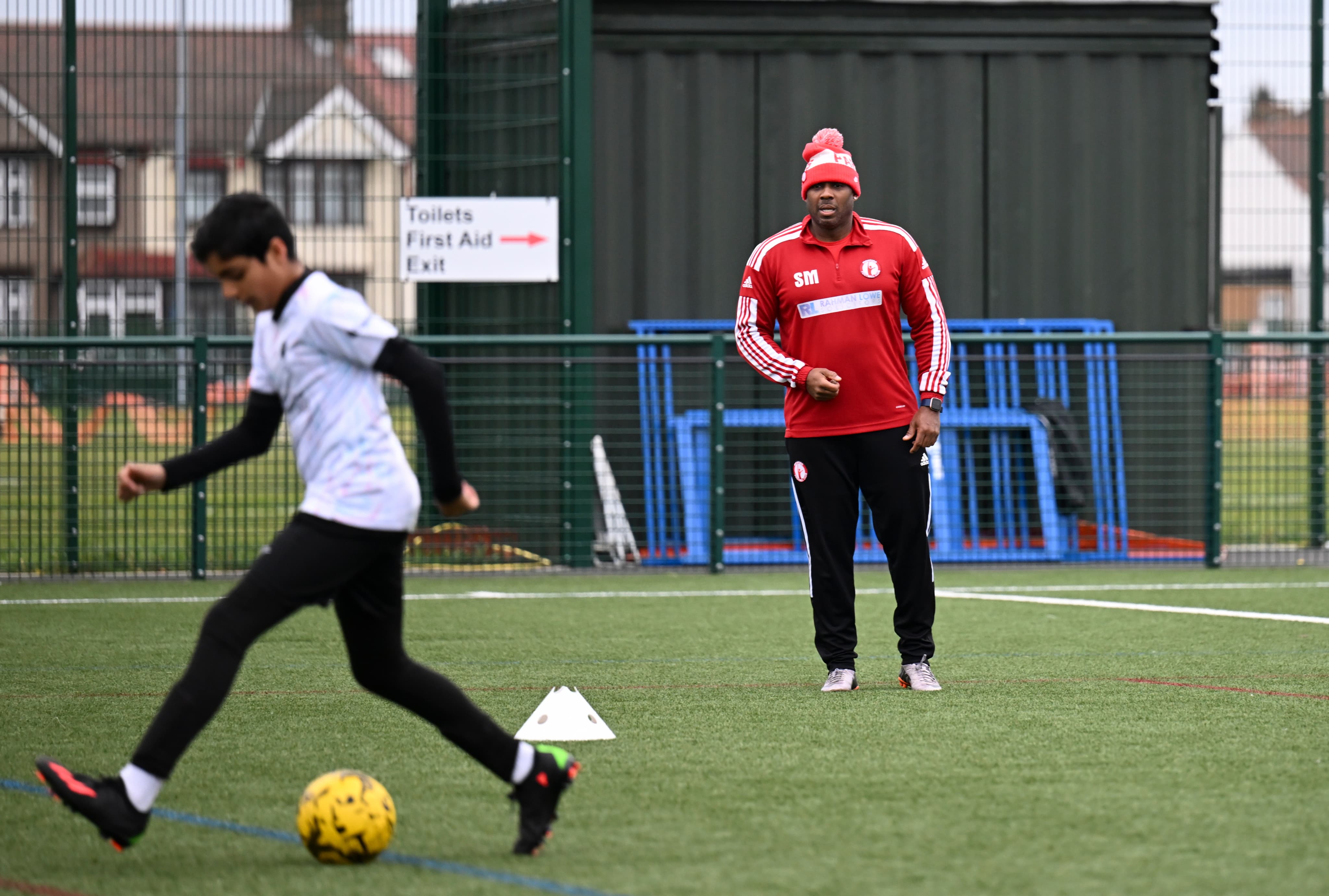Under-represented audiences
Our four priority audiences have been identified through the Sport England Active Lives Survey, which measured the nation’s activity levels. Across the country these audiences face stubborn inequalities in activity levels and access to sports facilities.
As a result of the Covid-19 pandemic, this inequalities gap has widened further. We aim to offer safe and inclusive facilities that will help local communities overcome these challenges.
There are four groups facing the greatest inequalities:
- Low socio-economic groups
- Women and girls
- People with disabilities
- Culturally diverse communities
To ensure your project targets these priority groups, we encourage you to build your approach around community engagement. You should identify, talk to and listen to people of all ages who have fewer opportunities to be active.
There is a significant amount of crossover between these groups and it’s important to consider how ethnicity, gender, disability, religion, socio economic grouping and ability overlap to create unique experiences and affect access to opportunities.
We recognise that these groups are not the only ones with unequal access to opportunities to be active within communities and we will continue to develop and provide further guidance. Please feel free to reference additional engagement undertaken beyond the four priority groups within your community engagement log.

People with disabilities
Under the Equality Act 2010, someone has a disability if they have a long-term health condition, impairment or illness that has a substantial effect on their ability to perform normal daily activities. This includes physical, sensory, intellectual, social, behavioural, and mental health conditions or impairments.

Women & Girls
We’re investing more money than ever to create amazing places for everyone to play. And what’s more, we want these facilities to be designed with women and girls as a forethought, not an afterthought. We’re committed to delivering facilities that provide equal access to women and girls playing football across the country, by ensuring every Football Foundation applicant makes the same equal access commitment.

Lower socio-economic groups
Around 12 million adults in England are in a lower socio-economic group, which is defined by a combination of occupational and economic criteria. People's economic status reflects their income from work or investments and property they own. Young people’s economic status is usually determined by their parents' income and wealth. Sport and physical activity should be accessible to everyone, regardless of their background.

Culturally diverse communities
Culturally diverse communities are groups of people with common cultural backgrounds, ethnic origins, cultural heritages, linguistic and/or religious backgrounds. These communities may have distinct values, beliefs, customs, and practices, shaped by their unique cultural background. Analysis from the latest Sport England Active Lives Adult Survey shows that South Asian, Black and those with other ethnic origins are the least likely to be active.